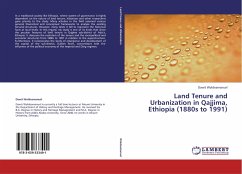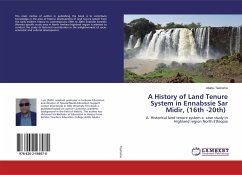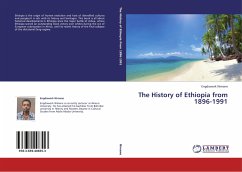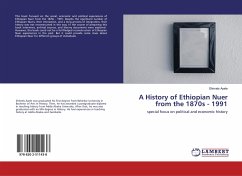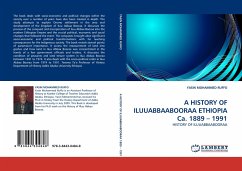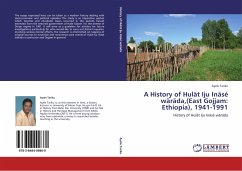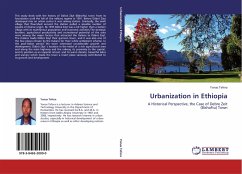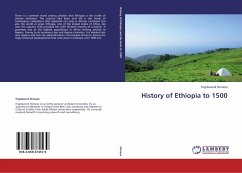In a traditional society like Ethiopia, where system of governance is highly dependent on the nature of land tenure, historians and other researchers gave priority to the study. Many scholars in the field assumed various general theoretical and conceptual frameworks to analyze the existing tenurial structures. However, many times it fell to represent the historical facts at local levels. In this regard, my study is one of its kinds that show the peculiar features of land tenure in Qajjima sub-district of Ada a, Ethiopia. It discusses the evolution of the tenure and the sociopolitical and economic structures from 1880s to 1991 in relation to the superstructure. Furthermore, it incorporates the study of emergence and development of the capital of the sub-district, Dukäm Town, concomitant with the influence of the political economy of the Imperial and Därg regimes.
Bitte wählen Sie Ihr Anliegen aus.
Rechnungen
Retourenschein anfordern
Bestellstatus
Storno

